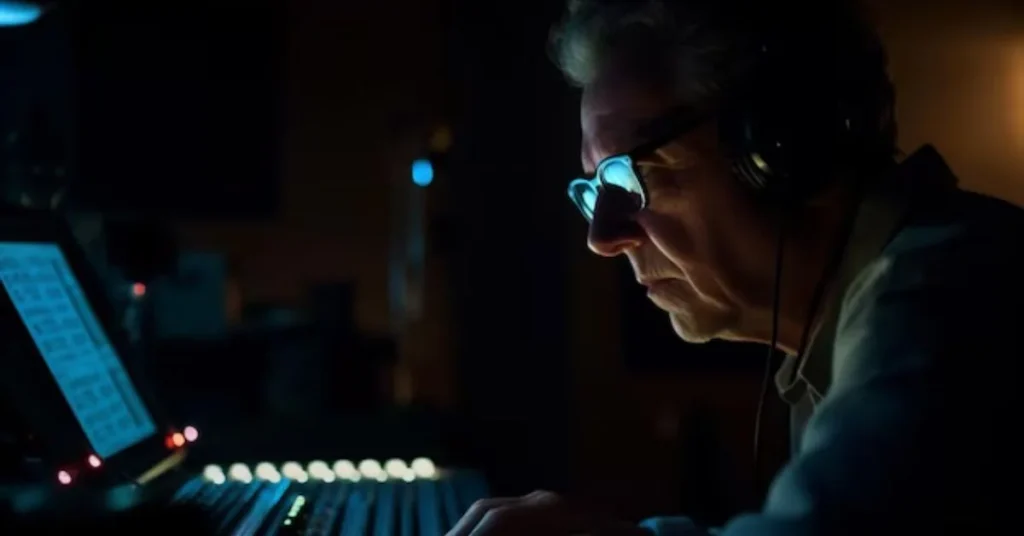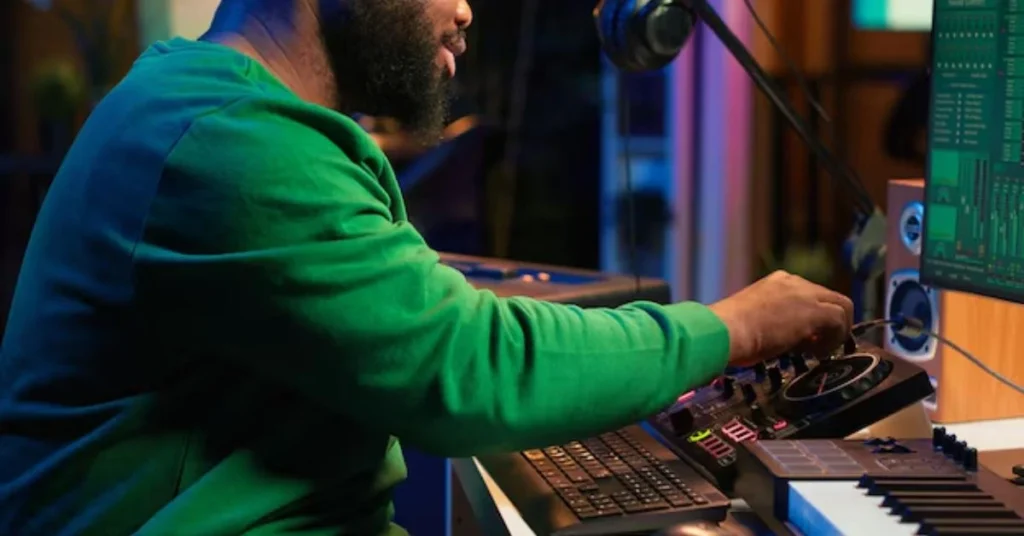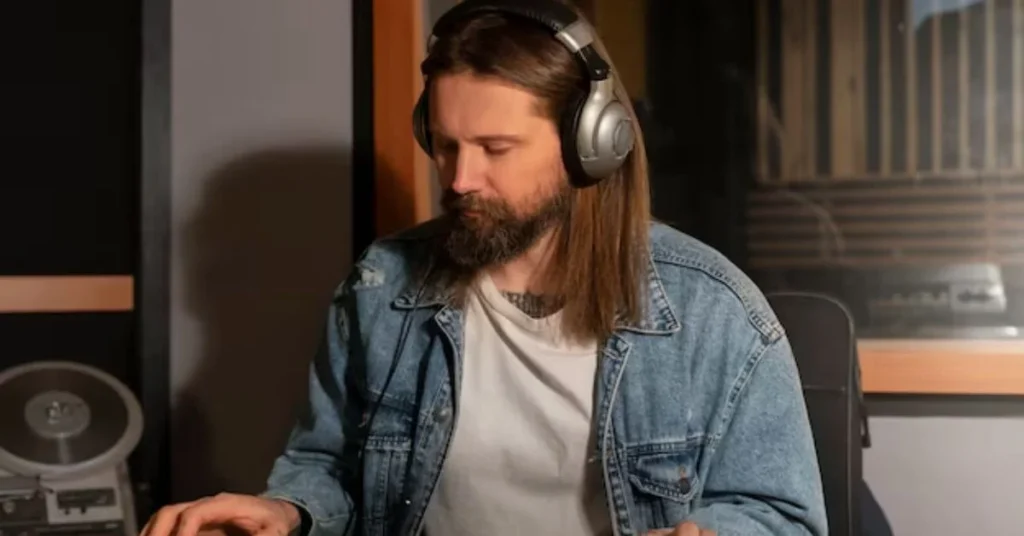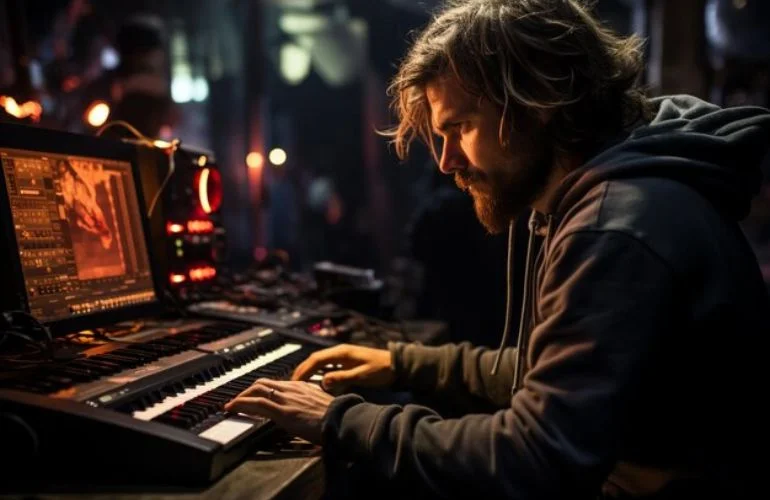When you think of classical music, names like Beethoven, Mozart, and Bach likely come to mind. However, Most Technical and Obscure Composers are incredibly technical and complex, yet they remain obscure to most people. These composers created music that pushed boundaries, but they didn’t always receive the recognition they deserved.
In this blog post, we’ll dive into the world of the most technical and obscure composers. We will explore their unique styles, why they’re considered technical, and why their music remains lesser-known despite their remarkable talent. If you are interested in complex music, you’ll find these hidden gems fascinating!
What Makes a Composer “Technical”?
Before we look at specific composers, let’s first understand what it means for a composer to be “technical.” In music, technicality refers to how complex the structure, rhythm, harmony, and instrumentation of a piece are. A technical composer creates music that requires great skill to perform and understand. Their works often feature intricate melodies, unusual time signatures, and innovative use of musical instruments.
Some technical composers use mathematical formulas or abstract concepts in their music. While their compositions may sound chaotic to the average listener, musicians and scholars recognize the genius behind their complexity.
Must read Popular Homesteading Techniques
The Most Technical and Obscure Composers
Now, let’s take a closer look at some of the most technical and obscure composers throughout history. These composers created music that still challenges and fascinates listeners and performers alike.
Charles-Valentin Alkan (1813–1888)
Charles-Valentin Alkan is often regarded as one of the most technical and obscure composers of the 19th century. A virtuoso pianist, Alkan composed extremely difficult piano music that remains a challenge for even the most skilled musicians today. His pieces are known for their rapid tempo, difficult finger work, and complex harmonies. Some of his compositions, like the “Concerto for Solo Piano,” are considered almost impossible to play because of their speed and precision.

Despite his technical brilliance, Alkan lived a reclusive life, and his music never gained the popularity it deserved during his lifetime. Today, however, his works are slowly gaining recognition among pianists who appreciate the challenge they present.
Kaikhosru Shapurji Sorabji (1892–1988)
Kaikhosru Shapurji Sorabji was an English composer of Parsi-Indian heritage who is known for creating some of the longest and most complex compositions ever written. His works often exceed several hours in length and are filled with dense textures and unusual harmonies. Sorabji’s “Opus Clavicembalisticum,” which lasts over four hours, is infamous for its difficulty and is considered one of the most challenging pieces in the piano repertoire.
Sorabji’s music is not widely performed due to its length and complexity, making him one of the most obscure composers of the 20th century. Nonetheless, his technical mastery has earned him a dedicated following among those who love highly complex and avant-garde music.
Brian Ferneyhough (b. 1943)
Brian Ferneyhough is a contemporary British composer known for his extremely technical and intricate compositions. His music belongs to the genre known as “New Complexity,” which emphasizes highly detailed notation and requires exceptional precision from performers. Ferneyhough’s scores are so dense that they can sometimes resemble visual art more than music.
His compositions are known for shifting time signatures, rapid changes in dynamics, and complex rhythms. Although Ferneyhough’s music is admired by those who enjoy experimental and avant-garde styles, it remains obscure due to the immense technical challenges it presents.
Conlon Nancarrow (1912–1997)
Conlon Nancarrow was an American-born composer who became famous for his compositions for the player piano. A player piano can perform music that is far too fast and complex for human musicians, and Nancarrow took full advantage of this. His compositions often feature polyrhythms, where multiple time signatures are played simultaneously, creating a dizzying and chaotic effect.
Nancarrow’s works were largely ignored during his lifetime, but in recent years, his music has gained more attention for its originality and technical complexity. His approach to rhythm and time was groundbreaking, and his music remains a challenge to both performers and listeners today.
Olivier Messiaen (1908–1992)
Olivier Messiaen, a French composer and organist, is known for his highly complex rhythms and harmonic structures. Messiaen’s music is inspired by a variety of sources, including birdsong, Catholic theology, and his experiences as a prisoner of war. His use of unusual modes, rhythm patterns, and non-traditional scales made him one of the most technically advanced composers of his time.
While Messiaen is more well-known than some of the other composers on this list, his music is still considered obscure by the general public due to its complexity and spiritual depth.

Why Are These Composers So Obscure?
If these composers are so talented and their music is so unique, why are they still considered obscure? There are several reasons:
- Complexity: Their music is often very difficult to perform, which limits how frequently it can be played in concerts.
- Lack of Popular Appeal: The technical nature of their music can make it less accessible to casual listeners. While it may be admired by musicians and scholars, it doesn’t have the same broad appeal as more melodic or straightforward compositions.
- Historical Circumstances: Some composers, like Charles-Valentin Alkan, lived reclusive lives, which limited their exposure during their lifetimes. Others, like Sorabji, deliberately avoided the public eye.
- Innovation: Many of these composers were ahead of their time, creating music that was so new and different that it wasn’t appreciated until much later.
How to Appreciate Technical and Obscure Music
Understanding and appreciating technical and obscure music can take some effort, but it’s worth it for the unique experience it offers. Here are a few tips to help you enjoy this kind of music:
Listen Actively
Most Technical and Obscure Composer music requires active listening. Instead of having it on in the background, try focusing on the music and paying attention to the details. Notice the rhythms, melodies, and harmonies. The more you listen, the more you’ll begin to recognize the complexity behind the composition.
Learn About the Composer’s Intent
Many technical composers have specific ideas or concepts that inspire their work. For example, Olivier Messiaen’s music is often rooted in his religious beliefs, while Conlon Nancarrow was fascinated by rhythm and time. Learning about the composer’s background and motivation can help you better understand and appreciate their music.
Watch Performances
Sometimes, seeing a performance of technical music can make it easier to grasp. Watching a skilled musician perform a complex piece can give you a sense of the effort and talent required to bring the music to life.

Conclusion
The world of classical music is full of hidden gems, and the most technical and obscure composers are no exception. While their music may not have mainstream appeal, it is a treasure trove for those who appreciate complexity and innovation. From the rapid-fire piano compositions of Charles-Valentin Alkan to the intricate player piano works of Conlon Nancarrow, these composers challenge the limits of what music can achieve.
If you’re curious about exploring more technical and obscure music, start with the works of the composers mentioned here. It may take some time to fully appreciate their genius, but their music offers a rewarding experience for those willing to dive in. Visit this for more information.
Who is considered the most technical composer in classical music?
While there are many contenders, composers like Charles-Valentin Alkan, Brian Ferneyhough, and Kaikhosru Sorabji are often regarded as some of the most technical due to their highly complex compositions.
Why is Conlon Nancarrow’s music so difficult to perform?
Nancarrow’s music is written for player piano, which allows him to create compositions that are too fast and complex for human musicians to play. This includes intricate polyrhythms that are nearly impossible for a live performer.
What is New Complexity in music?
New Complexity is a term used to describe a style of contemporary classical music that features extreme technical difficulty and highly detailed notation. Brian Ferneyhough is one of the leading figures in this genre.
Are technical composers appreciated today?
While many technical composers were obscure during their lifetimes, they are gaining more recognition today as musicians continue to explore their challenging works. They are especially admired in academic and experimental music circles.
What’s the hardest piece of music ever written?
Pieces like Alkan’s “Concerto for Solo Piano” and Sorabji’s “Opus Clavicembalisticum” are considered some of the hardest due to their technical demands and length.











